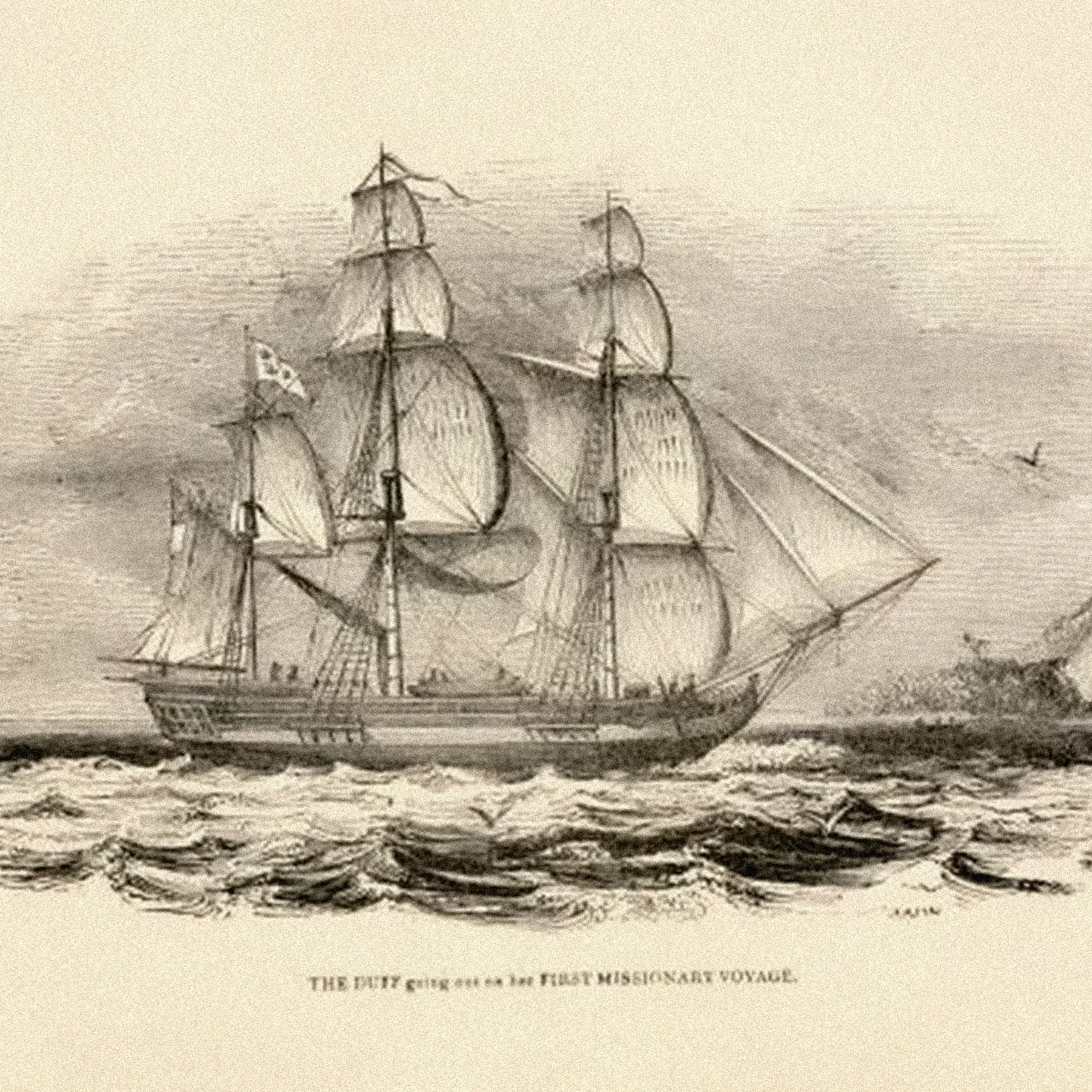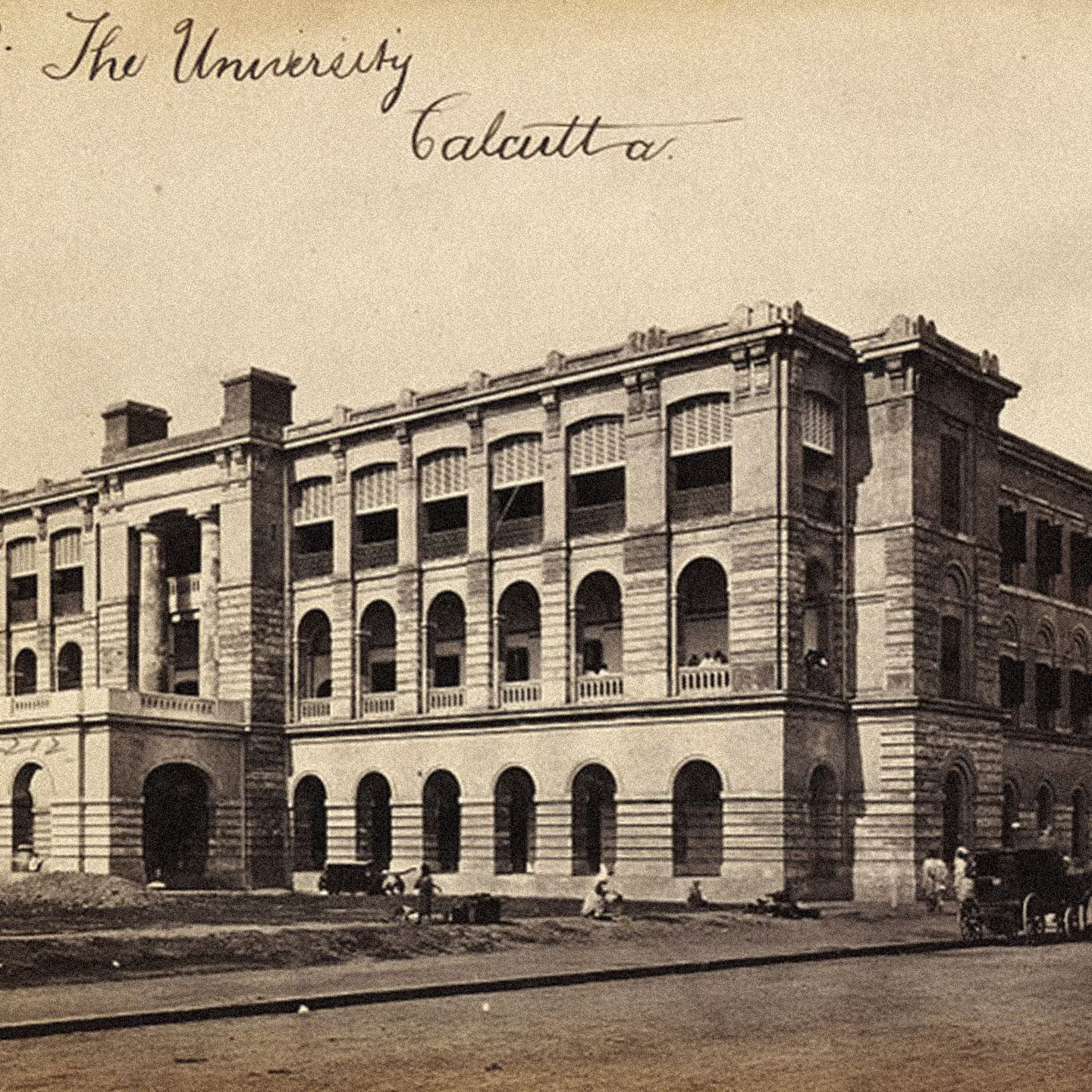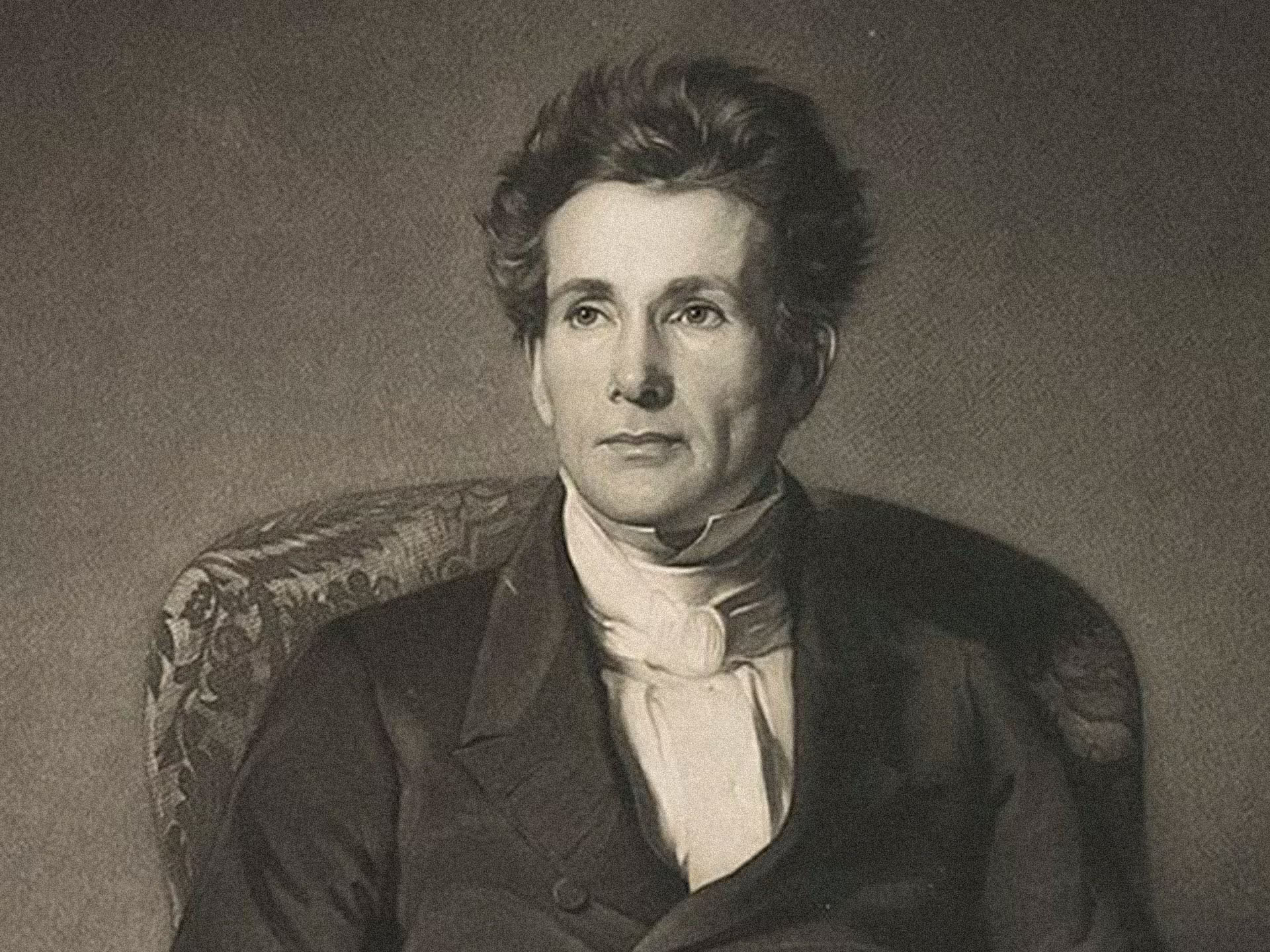Early Life
Alexander Duff was born in Perthshire, Scotland in 1806. Raised on a small farm, Duff grew up speaking Gaelic, and learning his faith from his father, James, a devout Christian and Sunday School teacher who read him Foxe’s Book of Martyrs. As a child, Duff dreamed of the judgment at the throne of God, and driven to consider his own standing, he came to an early assurance of salvation. This was followed by two near death experiences. After nearly drowning, Duff saw a vision in which God told him “I have work for thee to do.” When he was thirteen, Duff was trapped by snow on an icy lake at night, saved only by the sudden appearance of the distant light of a fisherman.
Education at St. Andrews
By the time he arrived at St. Andrews University, Duff was a confident, even romantic young man, who was already determined to serve the Lord in ministry.
While at St. Andrews, Duff studied under Thomas Chalmers, the powerhouse evangelical minister with a growing zeal for missions. It was at this time that Duff joined with other future missionaries in founding a student missions society. Along with their professor, Chalmers, these “St. Andrews Seven” are attributed with sparking a missionary zeal in the Church of Scotland in the 19th century that would have an outsized influence on the missions landscape for a generation.

Missions in India
Duff was ordained as the first missionary of the Church of Scotland in 1829 and sailed for Calcutta. Surviving a pair of shipwrecks, he arrived in 1830. Like Chalmers, Duff emphasized the role of education in his missionary work. However, he chose to focus on reaching the top tier of the Hindu caste system, expecting a cultural “trickle down effect” of conversion within the culture. His efforts included founding academies and publications to engage intellectually with traditional Hinduism and the rise of atheism among young Brahmins.
Duff returned to Scotland in 1834 to recover from illness. There he became a powerful advocate for missions in the Church of Scotland, laboring to establish a financial infrastructure to support foreign missions, and developing a full fledged missiology as expressed in his book Missions the Chief End of the Christian Church.
From 1840 to 1851, Duff returned to India, continuing the education based and intellectually fueled mission he had begun. The Great Disruption of the Scottish church in 1843 saw Duff siding with the Free Church, with the consequence that his mission in India lost control of school property and access to the financial support he’d worked to establish.
Duff returned to Scotland to shore up the mission’s finances, and even traveled to the United States where, in 1854, he participated in what is considered to be the first international missions conference.
He would return to India a third time in 1855, to a much changed environment. The influence of British culture had continued to expand, and the upper castes Duff had pursued were now less receptive to the gospel. Duff turned his attention to the British government, penning a critique in the aftermath of the 1857 mutiny.

Legacy
Duff’s final chapter saw him returning to Scotland, devoting his energy to shoring up institutional support for continuing missions. He served as the inaugural Chair of Evangelistic Theology at New College in Edinburgh as part of a campaign to see missiology incorporated into theological education.
He died in Scotland in 1878, leaving behind a legacy of devotion to the cause of reaching the lost and an emphasis on planting indigenous churches. Though his emphasis on reaching the upper castes, and of forgoing indigenous Bible translation received thoughtful criticism, the deep imprint he left on Indian education and the significant conversions he saw early on would leave a lasting mark on the nation. Furthermore, his efforts within the Church of Scotland and the Free Church would prepare the way for many additional missionaries to train for and reach the field, planting churches and leading many to Christ.
After nearly drowning, Duff saw a vision in which God told him “I have work for thee to do.”
